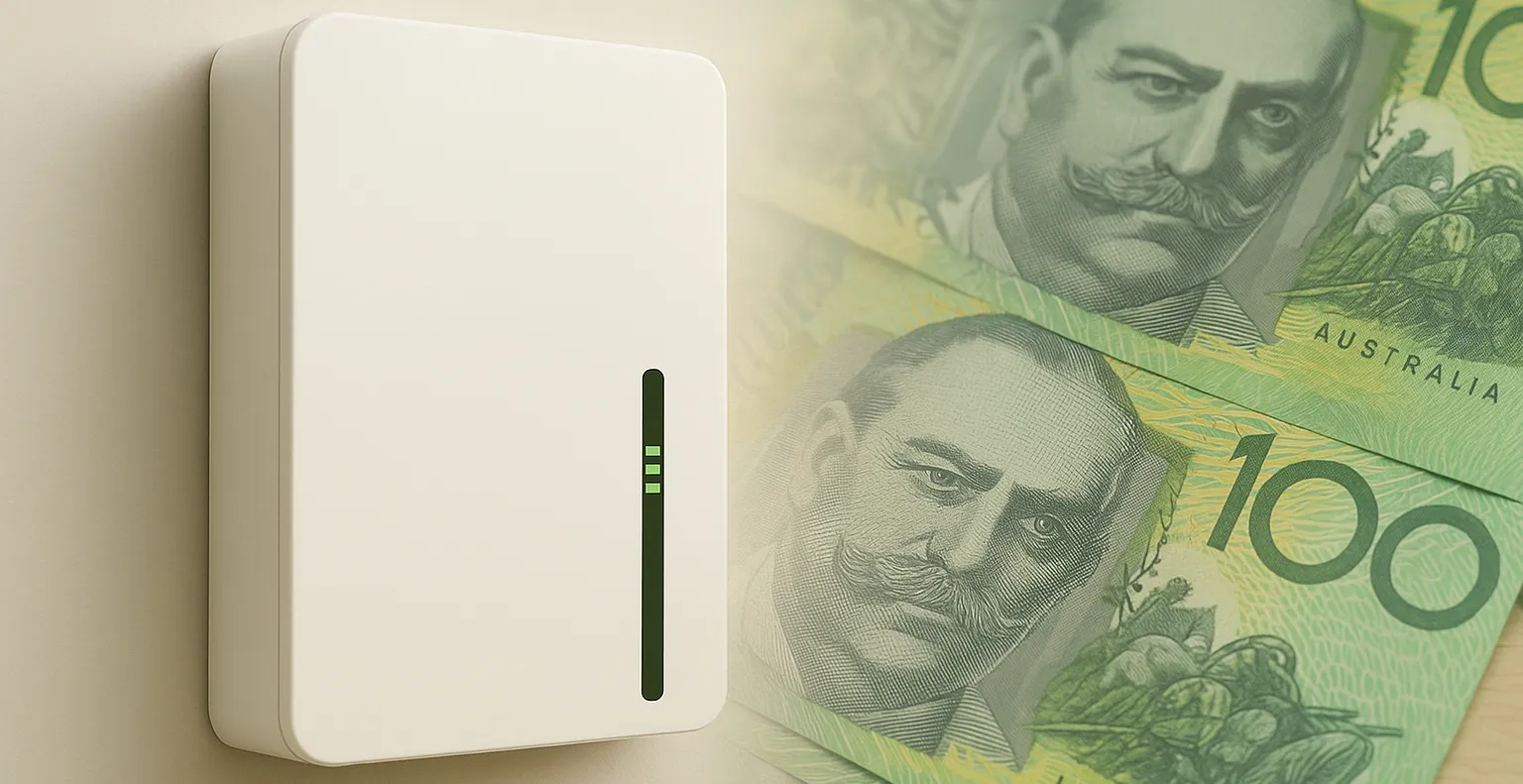In the quest for sustainability, the evolution of home energy systems has taken a dramatic leap forward, particularly with the integration of electric vehicles (EVs) into our daily lives. Australia, known for its vast landscapes and environmental diversity, is witnessing a quiet revolution in how energy is utilised, stored and optimised thanks to the synergistic combination of solar power systems and fast home EV charging solutions.
The Game-Changer: Fast Charging at Home
Traditionally, home energy systems were centred around saving energy costs through solar power. However, the introduction of faster EV charging capabilities has transformed these systems from mere cost-saving setups into high-efficiency, high-return systems that extend beyond mere savings.
The Shift from Lead-Acid to Lithium-Ion Batteries
The transition from the bulky, inefficient lead-acid batteries to sleek, high-performance lithium-ion batteries marks a significant upgrade in our energy storage capabilities. Where lead-acid batteries once trudged along, merely capable of basic energy storage and slow discharge, lithium-ion batteries excel with their rapid charging capabilities and deep discharge efficiency, making them perfect for modern EVs.
How Lithium Batteries Enhance EV Practicality
Lithium-ion batteries don't just store energy; they charge and discharge at rates that make EV charging both practical and swift. Imagine going from nearly empty to 90% charged in just a fraction of the time it took previously—this is the reality with current lithium battery technology. This rapid charge capability doesn’t just save time; it enhances the usability of electric vehicles, making them a viable option for everyday transportation needs over longer distances.
Economic Benefits of Fast Home Charging
Integrating fast charging into home energy systems isn’t just about speed; it’s about economics. With faster charging, the largest battery in most households isn’t the one hooked to the solar panels—it's in the car.
Cost Comparison and Savings
Consider this: installing a home storage battery might cost around $1,000 per kWh and could save you 35 cents per kWh used from the grid. On the other hand, the EV in your garage—equipped with a much larger battery—can be charged directly from your solar panels, cutting out the middleman and drastically reducing your per-kilometre energy costs compared to traditional fuel.
Rewiring Australia: A Case Study in Making Everything Electric
The movement to "Rewire Australia" focuses on this very principle: by making homes and their vehicles fully electric and interconnected, not only are you saving on costs, but you're also contributing to a larger scale of energy independence and sustainability.
The Technical Side: How Fast Charging Works
Levels of Charging and Their Impact
- Level 1 Charging (Slow): Using a standard 10 amp power point, this method adds about 13 km of range per hour, requiring around 7.5 hours to fully charge an EV to travel 100 km.
- Level 2 Charging (Moderate): This method can either be through a 32 amp single phase or a 7 kW connection, adding about 40 km per hour, with a full 100 km charge taking approximately 2.5 hours.
- Level 2 Charging (3-phase) and Level 3 Charging (DC Fast Charging) significantly reduce the time needed to charge an EV, with Level 3 stations adding up to 250 km in as little as 20 minutes under optimal conditions.
Optimising Home Solar Integration
To truly capitalise on your home solar investment, it’s recommended to upgrade your home’s power infrastructure to support fast charging. This not only maximises the use of solar energy but also ensures that your EV can be charged quickly and efficiently, ready to go when you are.
The Environmental and Grid Benefits
Fast home EV charging doesn’t just benefit the individual homeowner; it plays a crucial role in stabilising the local grid. By allowing EV owners to charge quickly during optimal times (such as daylight hours when solar power is abundant), this method reduces dependence on the grid and minimises the need for expensive grid upgrades.
Conclusion
Fast home EV charging is more than just a convenience; it's a strategic investment that pays dividends in terms of both personal savings and broader environmental benefits. As we continue to embrace electric vehicles and renewable energy technologies, the ability to charge quickly and efficiently at home will play a pivotal role in Australia’s energy future. This transition to faster home charging is not merely an upgrade—it is a fundamental shift towards a more efficient and sustainable lifestyle, proving that sometimes, speed does indeed lead to better returns.

